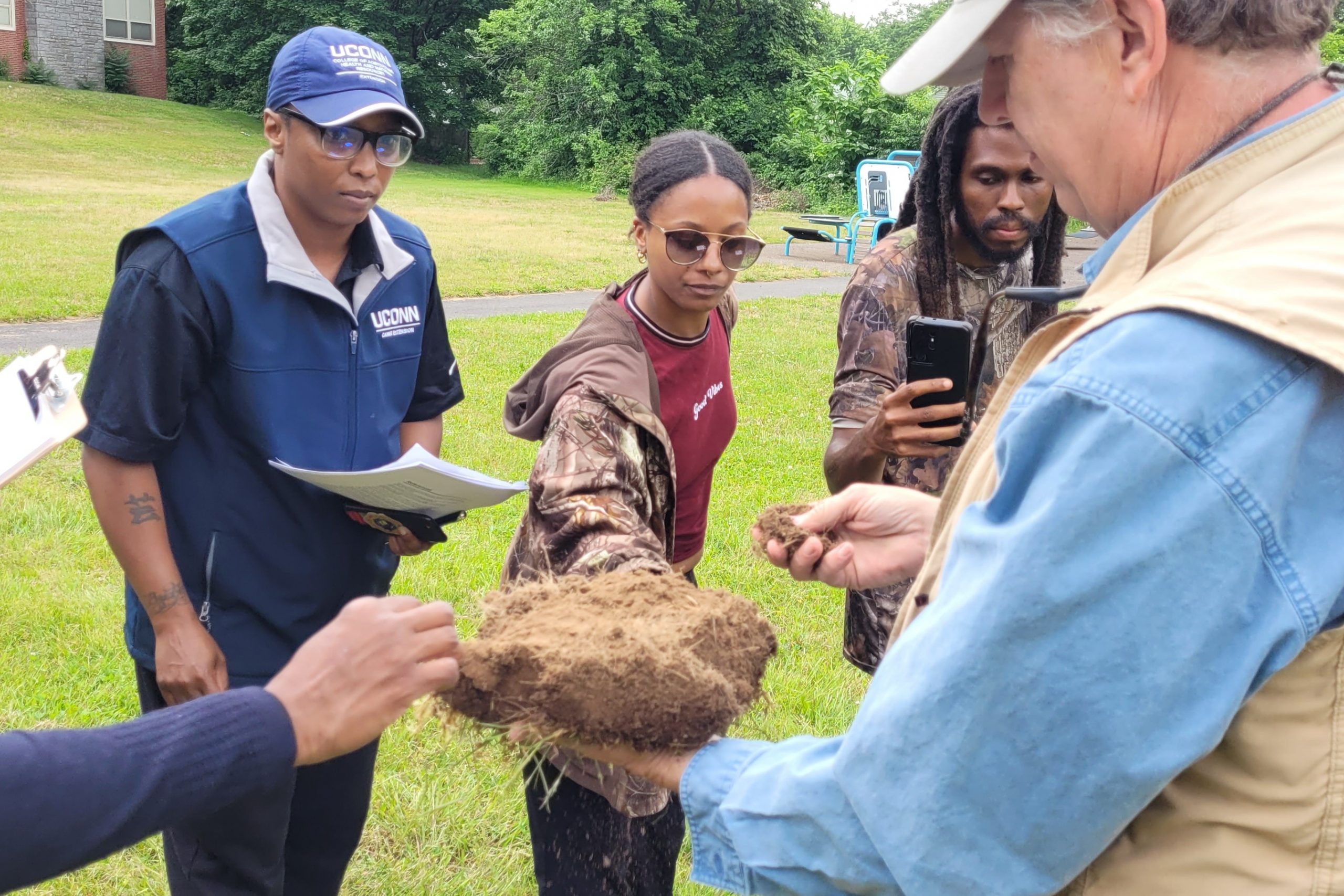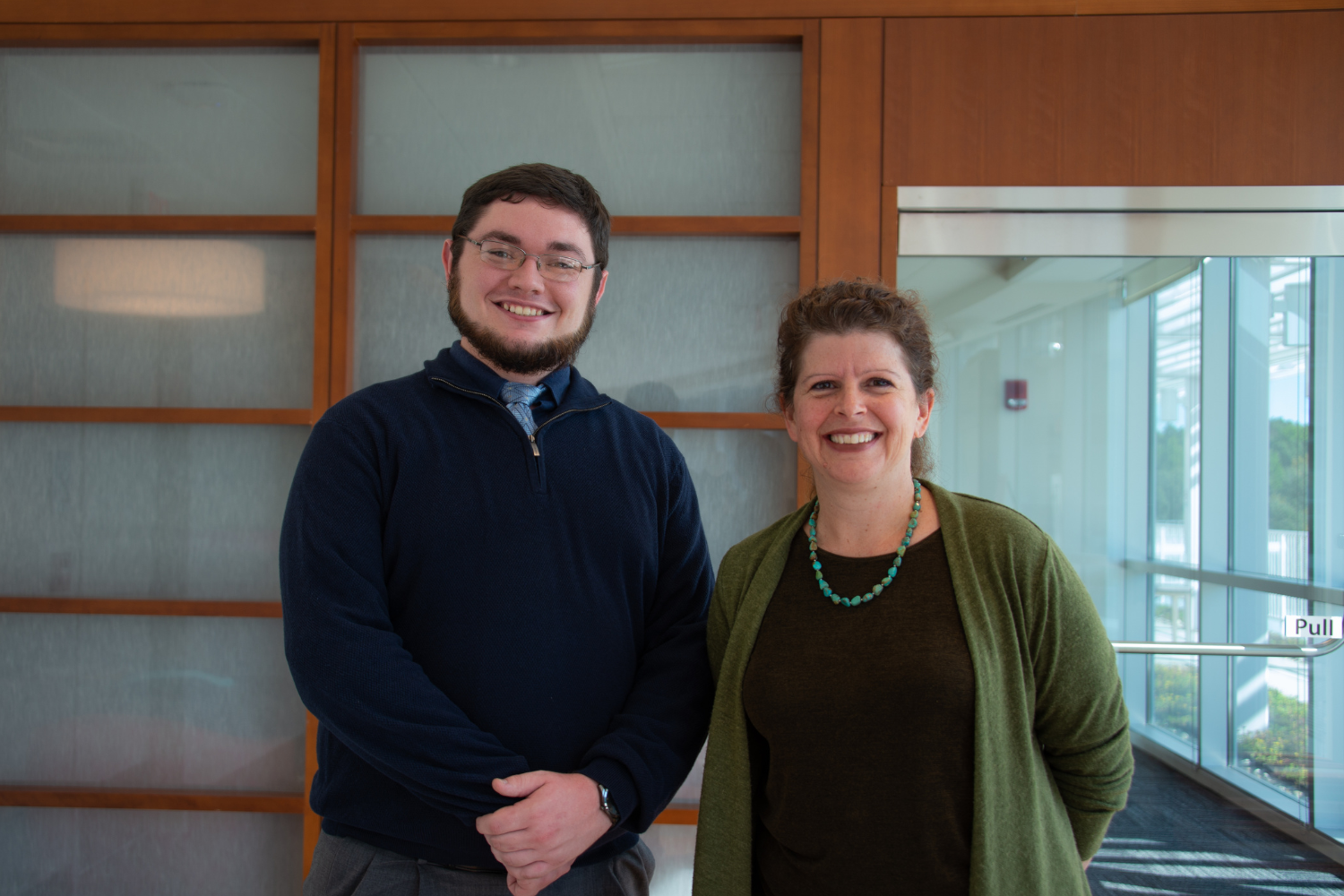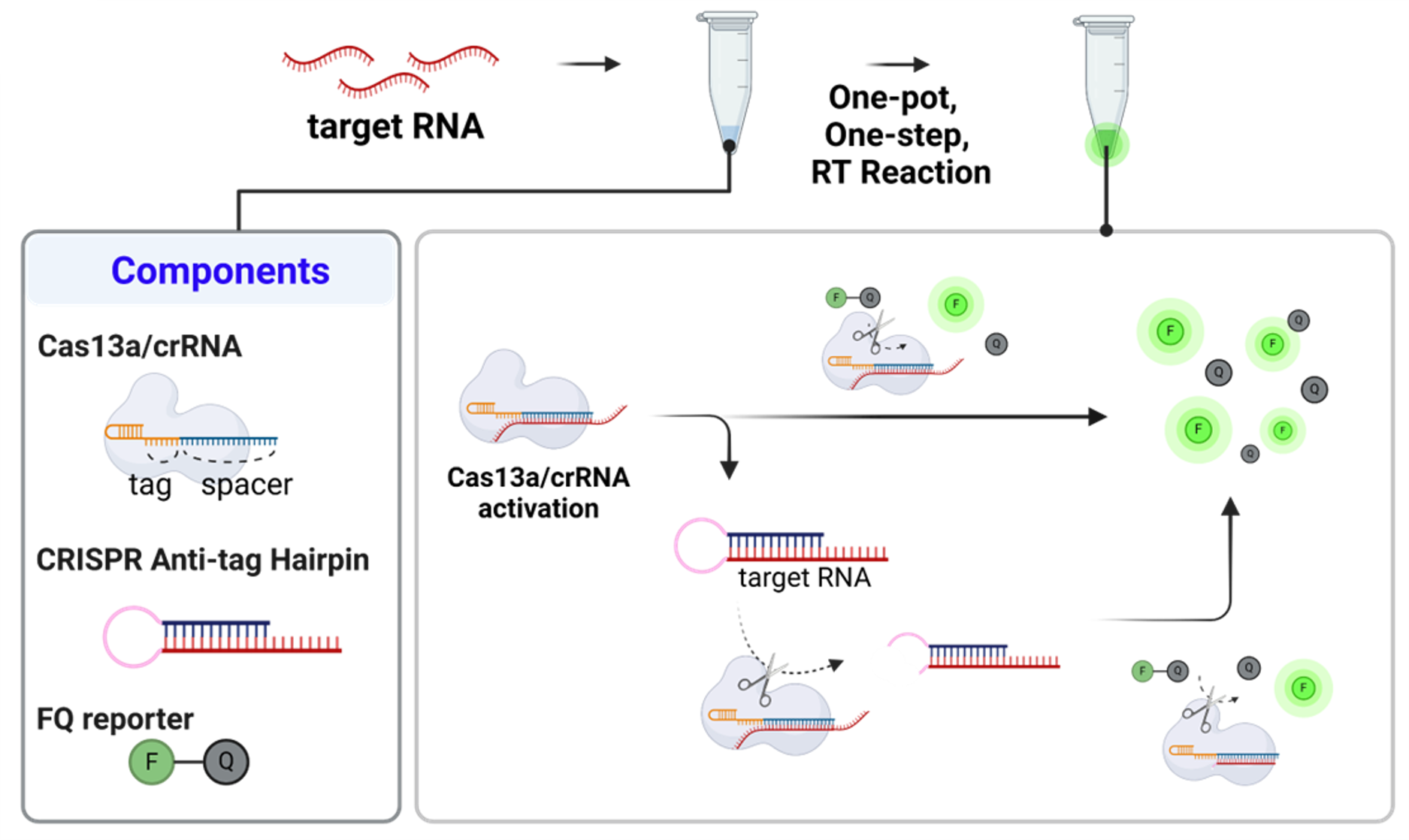Hands-On Learning, Real World Skills: UConn Extension’s Workforce Impact
Inside a barn in rural Connecticut, a group of farmers sits in folding chairs, phones and notepads in hand. At the front, a UConn Extension professional delivers a crop update, translating university research into practical strategies these farmers can use right away.
The name UConn often brings to mind undergraduate classrooms in Storrs. But across the state, UConn Extension programs are preparing youth, adults, and seasoned professionals for the workforce through hands-on, community-based training.
“Back in the early 1900s, it became obvious to Congress that land-grant universities were not reaching their full potential by teaching only enrolled students, which led to the legislative creation of the Cooperative Extension service to connect people throughout each state with practical knowledge and applied research to develop stronger industries and communities,” said Amy Harder, associate dean of UConn Extension.
Land-grant universities like UConn have a three-part mission: teaching, research, and extension. That mission ensures not all learning happens on campus. Extension programs are built around the needs of the people they serve, linking academic knowledge to industry priorities. Whether through a one-day workshop or series that leads to certification, participants leave with skills they can immediately put to work.
Each year, thousands of people benefit from these sessions, which strengthen Connecticut’s workforce and economy.
Driving Workforce Development
Workforce development often begins with a simple question: “What do you want to be when you grow up?” For some youth, the answer is clear. For others, career exploration unfolds during their teen years and beyond. That’s where UConn 4-H steps in.
A nationwide youth development program, 4-H serves over six million youth, including more than 22,500 in Connecticut annually. Supported by a network of volunteers, UConn 4-H fosters leadership; career readiness; and exploration of science, technology, engineering, math, and agriculture pathways.
“I’ve learned about the opportunities I have and what I can do in the future,” says one 4-H member. “The connections the club has to different workforce areas are my favorite part. The presentations from professionals showed how many options there are.”
Interest in farming is also on the rise, with many new farmers starting second careers in agriculture. UConn Extension offers a wide range of training programs in agriculture and natural resources. The Solid Ground program supports new and beginning farmers, while ongoing training in aquaculture, food safety, soil health, greenhouse production, pesticide safety education, and integrated pest management benefits producers of all experience levels.
Much of this training takes place during the winter, when farms are quieter. In-person sessions allow participants to identify plant health issues; explore livestock, pasture, and greenhouse management; and learn about new research that improves agricultural practices. UConn Extension’s urban agriculture programs are helping expand agriculture and its role in workforce development to more audiences and municipalities. Agriculture is both a rewarding career and a lifestyle choice, though often with slim margins. Extension programs provide farmers with tools to boost production, manage resources wisely, and stay economically viable, whether farming indoors or outdoors, and in a rural or urban setting.
Turfgrass, landscape, and sports field professionals also gain practical, on-the-ground knowledge they can apply immediately. UConn Extension works with the industry year-round to provide educational resources, diagnostic support, and innovative practices. The biennial Turfgrass Field Day at UConn’s Plant Science Research and Education Farm brings hundreds of professionals from Connecticut and the surrounding states for workshops on the latest research findings and industry challenges. The annual School IPM Workshop offers Integrated Pest Management (IPM) for turf and landscapes on public properties using science-based presentations and hands-on learning. Extension professionals also have a long history of offering educational programs for and working alongside the Connecticut Nursery and Landscape Association and the Connecticut Grounds Keepers Association.
Education in Action
Last year alone, 1,217 people earned certificates from UConn Extension workforce development programs. Across multiple programs, more than 10,700 participants reported increasing their knowledge, and 8,600 adopted new practices based on what they learned. Many are returning to Extension programs this year to further their knowledge and improve their skills.
“Extension is important because it’s the connection to the university for the people who will never go to Storrs,” says Julie Keithan of Higganum, a program participant and volunteer. “It brings the university to the everyday person with useful information that people need in their everyday lives.”
Looking ahead, UConn Extension continues to adapt to meet emerging needs. Partnerships with state agencies, industry groups, and K–12 schools strengthen Extension’s commitment to accessible, affordable, and skills-based education. As a new school year begins, learning isn’t limited to classrooms. With UConn Extension, education can happen anywhere — and often does.
Follow UConn CAHNR on social media
Latest UConn Today
- Understanding Your Risk: How Genetic Testing is Changing Breast Cancer PreventionAs genetic testing advances, breast cancer prevention is becoming more personal. At UConn Health, experts are helping patients understand their inherited risk and tailor screening and prevention to their DNA.
- Meet the Undergraduate: Jennifer Gearin ‘28 (CLAS)Gearin showcases her project ‘Mosaic’ as a part of the First-Year Women Werth Innovators Program
- UConn Chemists Developing Safer, All-Natural Contrast Dye for Medical Imaging'404 Inc. plans to replace these unsafe chemicals with safe contrast agents derived from a natural resource'
- Researchers Revolutionize RNA DetectionCARRD detects RNA at room temperature, making test simple, fast, and cost-effective
- UConn Magazine: Seoul MatesUniversity photographer Peter Morenus and wife, Jen Morenus, assistant director of the Puerto Rican/Latin American Cultural Center, are the kind of people who have connections all over campus — and very far from campus
- President Maric Announces Vice President for CommunicationsMike Kirk has been appointed Vice President for Communications













